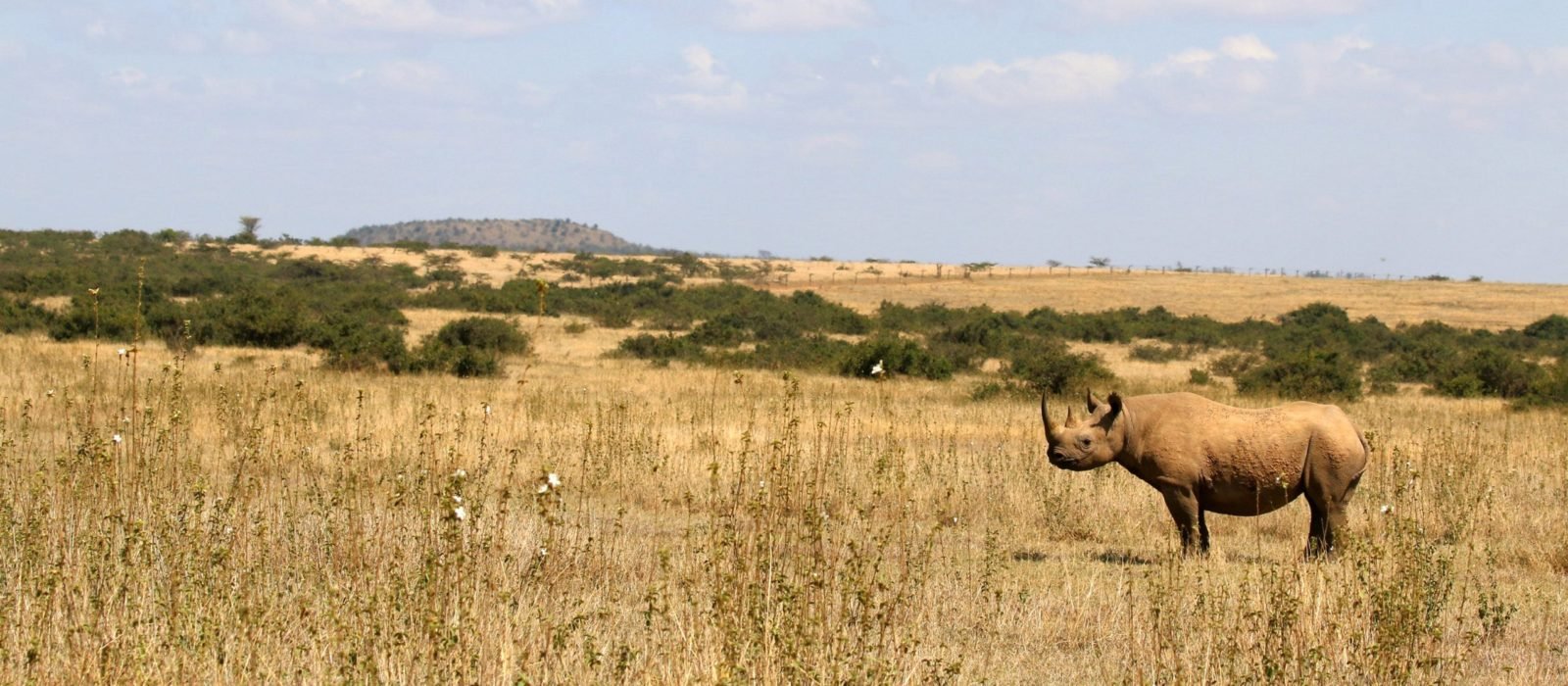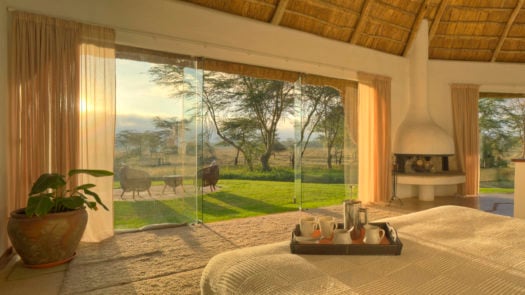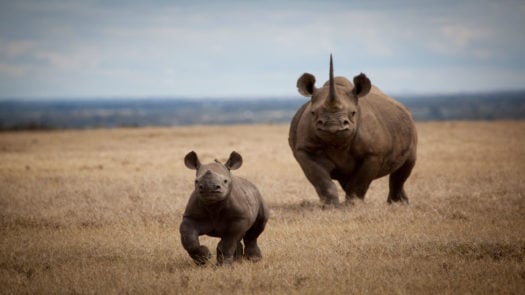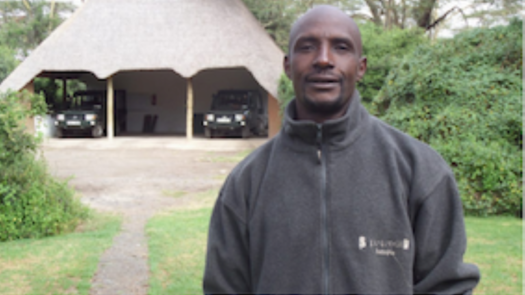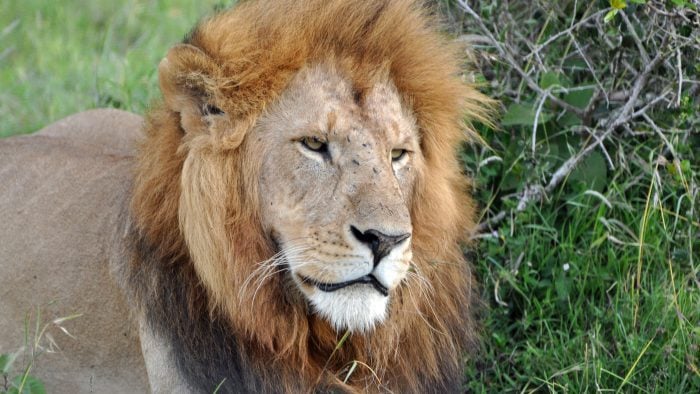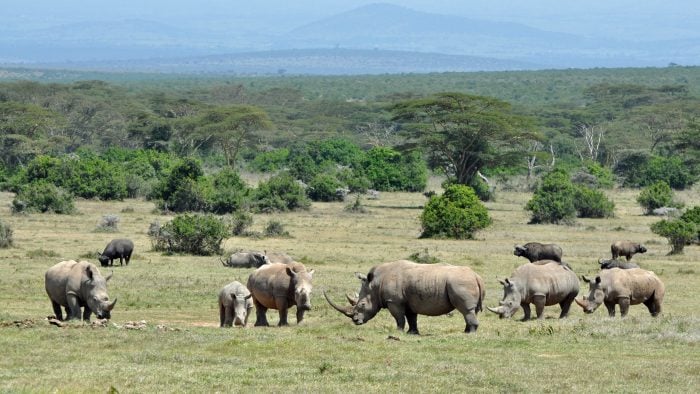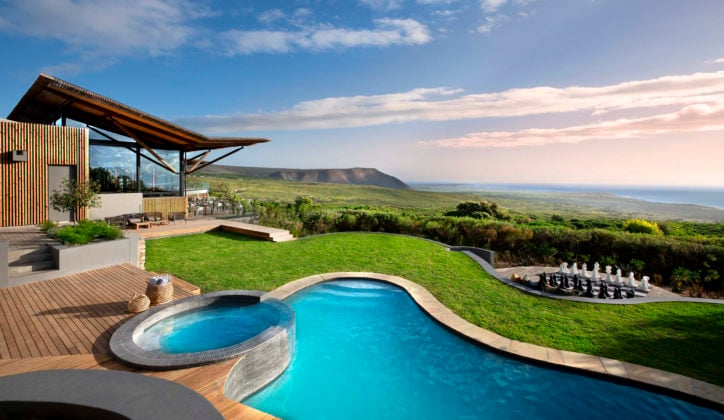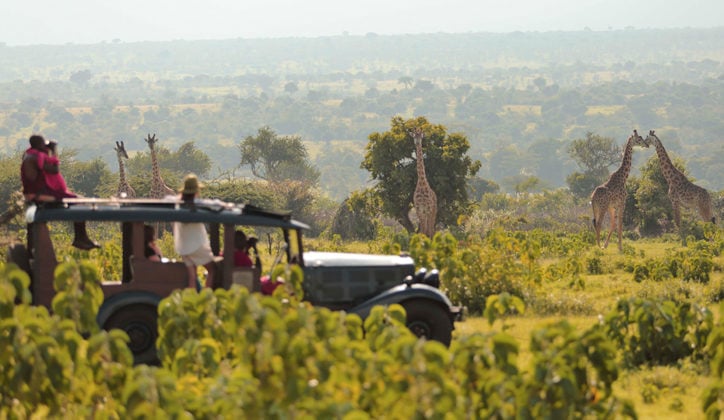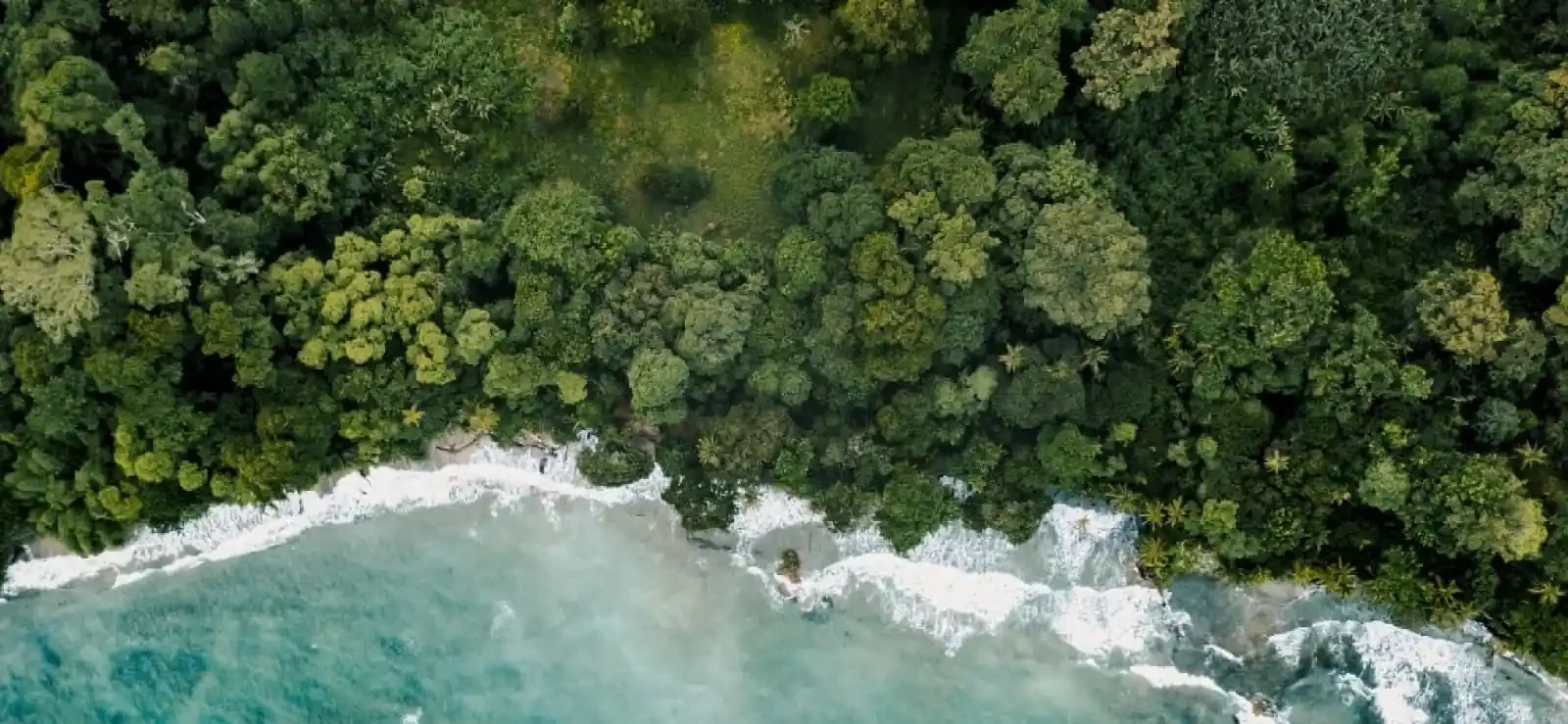Published on: September 18th, 2019
Last updated: September 23rd, 2024
With World Rhino Day coming up, we’re highlighting some of our partners who are doing incredible things to celebrate rhinos in their own unique ways. First up is Kenya’s Solio Lodge, home to an impressive breeding programme that has helped the lodge release 100 black and 60 white rhinoceros’ back into the wild.
The Lodge
An exquisite lodge with stunning panoramic views, Solio Lodge is the only property nestled between Mount Kenya and the rolling peaks of the Aberdare mountains within a 19,000 acre private reserve. Originally a ranch used for beef cattle, this lodge has done a complete 360 and is now an industry-leading conservation pioneer.
Solio Game Reserve’s rhino protection work is world-leading, and the lodge is internationally recognised as the most successful rhinoceros breeding reserve in Kenya. The main purpose of the game reserve is to provide a refuge for wildlife who would otherwise be deprived of a suitable habitat, so hundreds of rhinos have been relocated from this incredible property. Solio is an immensely important part of the wildlife conservation efforts sweeping across Kenya, but the lodge gives back to the local community too, through supporting local schools and community projects.
The guides
Sometimes, it really is the people who make a place. Second only to the lodge’s incredible rhinos are the guides, the life and soul of Solio Lodge. We caught up with Lmeii Lekashira, better known as Ole, who is one of the knowledgeable guides taking guests out on game drives around Solio Private Reserve. For the past eight years, Ole – originally from Narok near the Maasai Mara – has worked as a safari guide, and he has been based at Solio Lodge since 2012. Here’s what we found out.
What makes working at Solio special to you?
“The rhino population makes Solio special, as there’s both black and white rhinos here. They are well-protected by the reserve, and as a result they are abundant throughout the land. The richness of the game is also a product of the reserve’s size – at just 45,000 acres, the animals are always close by.”
Where did your journey as a guide begin?
“I started as a spotter, as I was passionate about animals and wildlife. I wanted to teach people about our country and the beauty of our heritage. I had to start at the beginning, as a wildlife spotter, to gain the experience of driving guests and understanding what it is they wanted to see. After some time and lots of training, I progressed to become a driver and a guide.”
What does your job as a guide involve on a day to day basis?
“I guide clients and teach them about the wildlife, and we track the animals on guided walks too. Even when we’re driving, we’re looking for the prints of the animals to see where they’ve been and see if we can find them. I’m conscious of the importance of conserving the land too, and teach people the importance of conservation for future generations. As guides, we must be sure not to destroy the environment with cars. We must understand the animals and their environment.”
Are there any particularly memorable moments you have had as a guide?
“There was a time when a client wanted to see a kill. We were lucky and came across a group of six male lions eating a zebra – the client was so scared of what he saw, he didn’t sleep all night!”
Have you faced any challenges in your role as a guide?
“Becoming a guide did initially pose its challenges, with the task of communicating solely in English and understanding the unique needs of each of the guests who had travelled from different countries around the world. Guiding is the reward that keeps on giving though, with sightings of the reserve’s many rhinos, buffalos, lions, zebras, impalas and waterbucks an almost daily occurrence. “
Do you have any advice about how to get the most out of a game drive?
“I just assure people that they will enjoy the experience and be safe, and always remind them that they must bring good binoculars for sightings and a camera to really capture the scenery. On all of our game drives, learning about the wildlife is most important – you can learn from the teaching that we have, and the symbiotic relationship that animals have, that is not too distant from our own.”
Find out more about our positive impact properties...
Feeling inspired? Get in touch with our travel designers to find out how your next vacation can make a difference.
